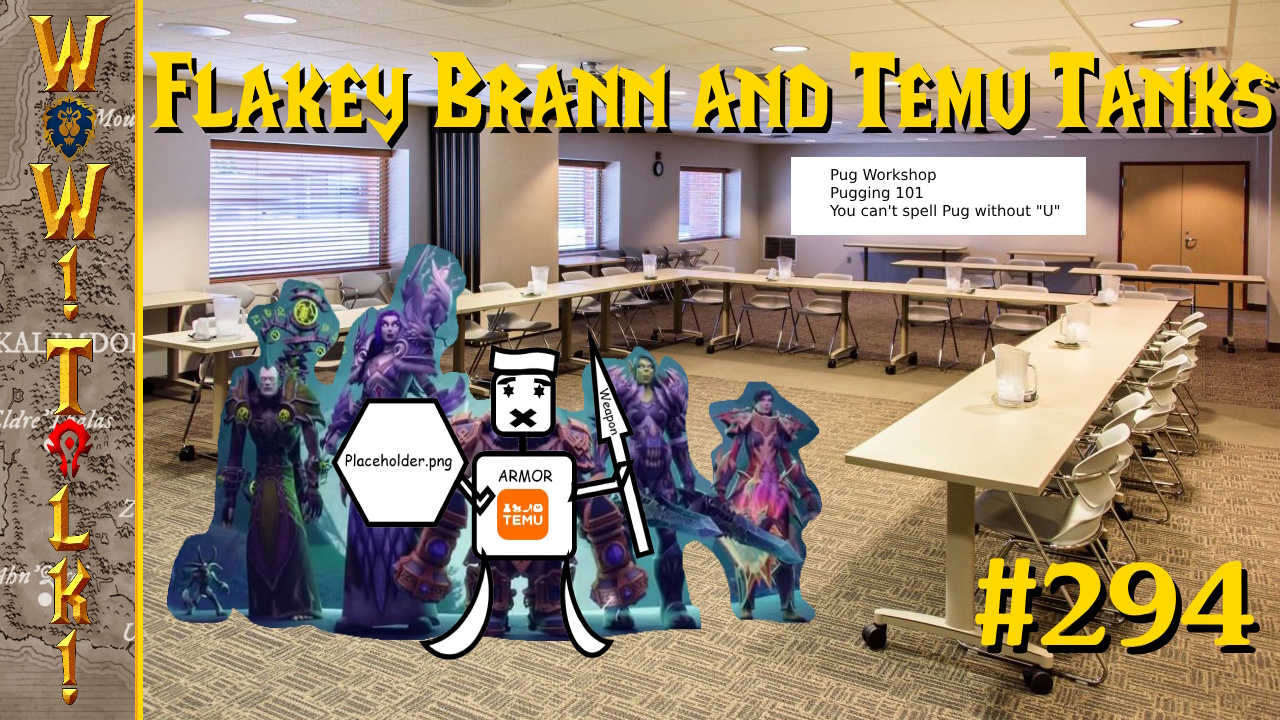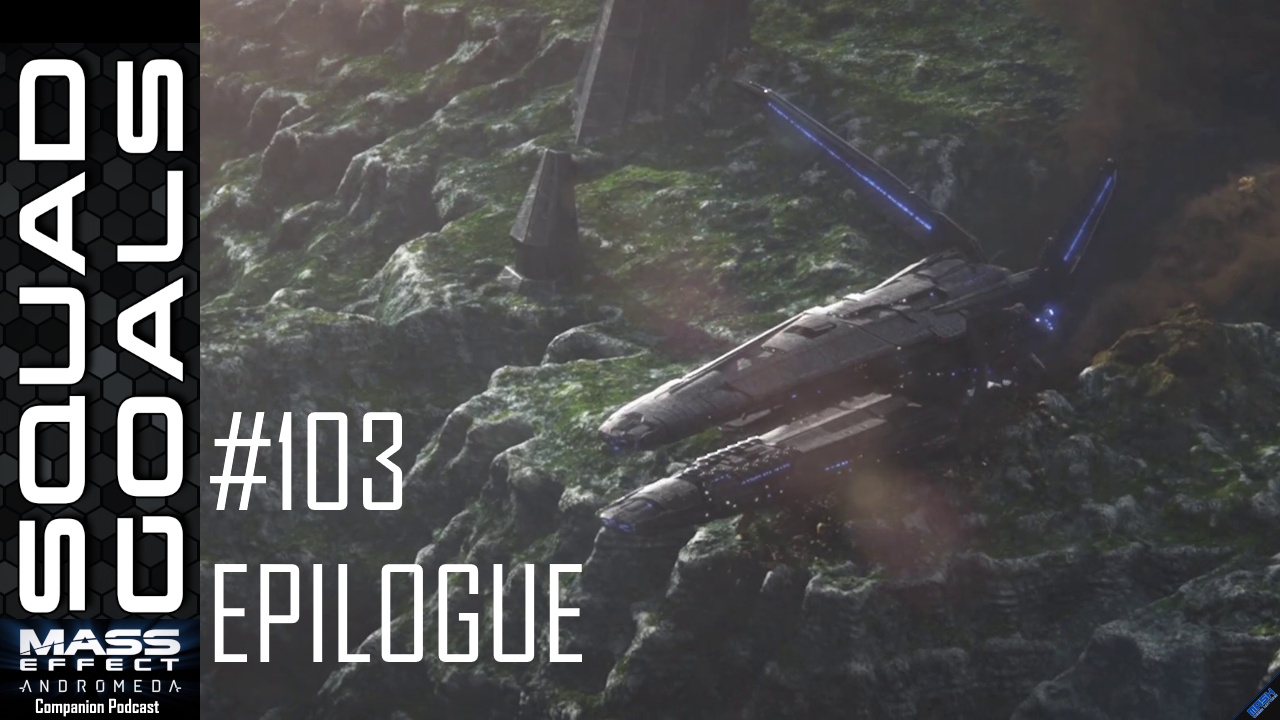
As any armchair general would tell you, World War II is a very familiar setting for the strategy genre. For the past twenty years, players have been commanding Allied forces in order to win the war again and again. While niche series such as the Hearts of Iron franchise certainly have their fans, a lot of development focus in the strategy world has moved away from 1942 and gone towards science fiction and fantasy settings. Now Ubisoft brings us its new World War II strategy title R.U.S.E., but can it breath new life back into an old conflict?
The story of R.U.S.E. follows the military history of fictional general Joe Sheridan during World War II. Players relive missions and campaigns that Sheridan took part in all while gradually progressing toward the end of the war and the unmasking of a German spy called “Prometheus.” As the plot is set against the backdrop of World War II, the larger focus of the story is set on the war itself while the characters are liberally dropped in to flesh out the cast.
Like many strategy games of its ilk, R.U.S.E. mostly uses its story as a way to try to connect its various campaign missions into a cohesive whole. The plot itself is generally uninteresting and barely existent enough to make the missions across the European theater seem consistently tied together. Strategy gamers both casual and hardcore alike will find themselves using the downtime found in the cutscenes to quickly grab a drink or make a phone call before the battles begin in earnest.
For the most part, R.U.S.E. is a very conventional strategy game. Players create units from barracks, factories, and airfields in order to complete mission objectives and proceed to the next part of the game. As is typical for World War II strategy games, the reliance on real world weaponry limits creativity in army design and tactics. Although there is a small handful of experimental weapon troops in R.U.S.E., players mostly order infantry, tanks, and anti-armor across the battlefield. The basic strategy of every battle in R.U.S.E. boils down to a rock-paper-scissors style of strategy that, while common in most strategy games, isn’t handled well here. There is no room for creativity in army building as each troop type that counters another will do so every single time. As a result, combat often feels very stiff except for when prototype technology like nuclear rocketry is thrown into the mix on the rarest of occasion.

The campaign missions in R.U.S.E. don’t distance themselves from the typical strategy formula of base building and troop production, but they are well-paced and quite cinematic in scope. Most campaign missions feature sudden twists which can turn the tides of battle in surprising ways. A thoroughly one-sided fight can quickly become a fight for survival as enemy troops reinforce and ambush the player’s troops or a battalion of Axis tanks turns out to be decoys.
The element of surprise is one that carries over not just into the missions, but also into the core game play of R.U.S.E. The title itself, R.U.S.E., refers to the various tricks which players can use against one another or the enemy A.I. in battle. During the course of the conflict, players are able to use “ruses” in order to help assist their own troops or drive back enemy forces. When these powers are ready for use, certain sections of the battlefield can be targeted with effects that last for several minutes at a stretch. For example, the blitz ruse can be activated to speed up troop movement in an area while the spy ruse can be used to briefly identify all enemy troops for a short period of time.
Although the core concept of using a ruse is meant to be the real focus of the game, not all these ruses are particularly useful. Most of the ruses available in the game aren’t very useful and many players will find themselves using the same three or four consistently throughout their playtime. As a result, the ruses themselves mostly go unused unless under extreme conditions. What was meant to be the biggest draw of the title ends up being fairly pointless in the long run.
The second core draw of R.U.S.E. is actually the presentation of the game itself. The missions in R.U.S.E. are presented on top of a massive board meant to resemble that of a military map or tabletop board game. While at ground level view the player watches as their troops fight in stiffly animated battles, the camera can be zoomed out so far that the troops are now represented by chips which move about the battlefield. At this level of view players can oversee the entire battlefield at once and activate ruses in certain sections of the board. The quality of presentation in R.U.S.E. when seeing massive battles carried out at the tabletop view level is fantastic and to put it bluntly, really cool. Although most of the actual orders given will be done on the ground level, it’s difficult to stop from zooming out once in a while to see hundreds of Axis and Allies troops engaging in battle.

Beyond the campaign itself R.U.S.E. is a fairly robust game with plenty of content to offer. Standalone missions with their own objectives are always available and the standard skirmish against enemy A.I. of multiple levels can be selected at any time from the main menu. Online battles against up to seven other players are also an option, although at the time of this review all attempts at getting an online match going on Xbox Live were to no avail. There appear to be issues with Ubisoft’s main servers at the time of release which should be taken care of in the coming weeks.
Like most real-time strategy games (RTS) R.U.S.E. is best played on the PC. Battles can become quite frantic when having to carefully position and give orders to over a dozen units at any time. Although the Xbox 360 and Playstation 3 control schemes are designed well enough to give enough control to the player they lack the sort of precision that is downright necessary in the more difficult missions of the game. The console ports also lack a lot of the graphical oomph present in the pc version and in-game cutscenes and environments can be downright ugly at times. Model pop-in, framerate drop, and muddy textures are rampant throughout both console versions of R.U.S.E. and can really break the experience. Gamers with a computer powerful enough to run R.U.S.E. on the higher settings would do wise to play it on PC.
The greatest issue with R.U.S.E. lies not in its actual shortcomings, but rather in its inability to really set itself apart from the strategy game pack. While R.U.S.E. is competent in its core game play and the ability to use the titular ruses adds flavor to the fights, it just doesn’t manage to be exceptional in any way or innovative enough to stand on its own merits. The speed of game play is very slow compared to most modern RTS titles and the rock-paper-scissors design of the units limits any real tactical creativity. Players yearning for a World War II strategy title like the classic Sudden Strike series or Axis and Allies will find something to enjoy here, but most strategy fans will find themselves losing interest in R.U.S.E. shortly after picking it up.
While R.U.S.E. does offer some interesting design choices to those willing to give it a shot, it just doesn’t have what it takes to really stand out as a must-have strategy title. Most strategy fans are already playing Starcraft II or anticipating the upcoming Company of Heroes online and R.U.S.E. doesn’t offer anything of interest to gamers outside of the genre. If anything, R.U.S.E. will likely end up being another forgotten name in a soon-to-be hectic holiday game release season.
[All images shown are from Kotaku, Incgamers.com, and g4g.it.]




